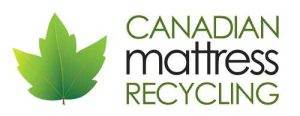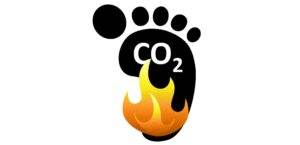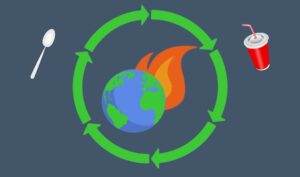Everyone has a destination upon leaving school—an end goal before your next chapter in life—and I discovered mine during my time at Canadian Mattress Recycling Inc.
I vaguely recall stumbling upon CMRI’s job posting for a technical writer position during a turbulent period of sleepless nights and incessant worry and doubt, which is to say, during my job search last year. I remember all the misconceptions I had about technical writing at the time, which tempted me to scroll past the job posting.
Prior to discovering the job posting, I had done some surface-level research on technical writing to see if it was for me. After my research, I thought to myself, do I really want to spend the next few decades of my life writing manuals no one will ever read, and learning complex things so that I’m qualified to write manuals about those complex things? No, I decided, and that was that. Definitely not for me.
The problem, however, was that the longer I stared at the technical writer job posting, the more I thought, maybe? You see, I’ve enjoyed writing for as long as I can remember: it’s actually one of, if not the only thing that I can confidently say I’m at least competent at.
Realizing this, I decided to take a chance and apply for the position, and it was probably one of the best decisions I’ve ever made. My co-op work term at CMRI was as enjoyable as it was educational.
I was tasked with creating user manuals for the warehouse operations, which would serve as useful training materials for new employees learning how to perform the procedures and operate the machinery.
Throughout my work term, I learned that technical writing is a multifaceted occupation that requires creativity when designing technical documents, as well as critical thinking skills when figuring out how to format documents, what information to include, how to make that information crystal clear, and so on. Essentially, I learned that technical writing is a far cry from the mundane and monotonous occupation I had imagined it to be.
In addition to this experience convincing me to pursue a career in technical writing, it made me feel like I was doing something meaningful.
CMRI is a company that goes above and beyond to make Canada greener. Besides the millions of pounds of mattresses and furniture that they’ve recycled and kept out of landfills, CMRI also supports communities and charities through generous donations, as well as schools and animal shelters by donating useful materials.
The efforts CMRI makes to achieve sustainability and support communities make me genuinely proud to work here. My time at the company has also provided me with valuable work experience that will aid me when I finish school and step out into the “real world.”
To say that I’ve learned a lot about technical writing is an understatement, and to say it is an understatement is an understatement within itself. What I mean is that I went from knowing nothing about technical writing to knowing everything (that you would expect a junior technical writer to know).
The most important thing I’d like to convey to you, however, is just how much CMRI has done for me and why I will forever be grateful to them: they helped me find my career path, my destination. I realize that I briefly mentioned this a few paragraphs above, but I feel that I merely brushed past this point and should probably do a better job to emphasize it, because it really is a fairly important point now that I think about it.
Now finishing my second work term with CMRI, I’ve been reflecting on my time here and—in truth—I could not have asked for a better opportunity. Everyone at the company has been wonderful and immensely helpful (and patient, for being able to endure my unrelenting barrage of questions I direct at them on a regular basis).
After completing my second work term, I will be returning to school to pursue my major in Communication and minor in English, and after that, hopefully beginning my long and prosperous career as a Technical Writer.
Words by: Liam Basi




